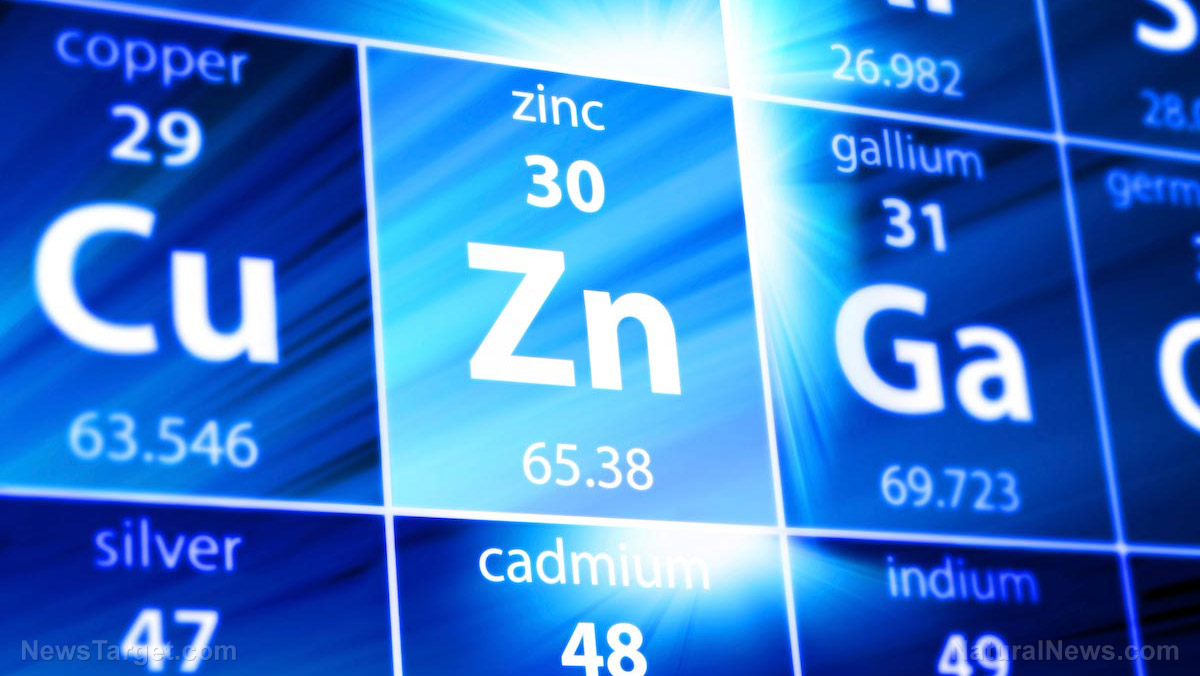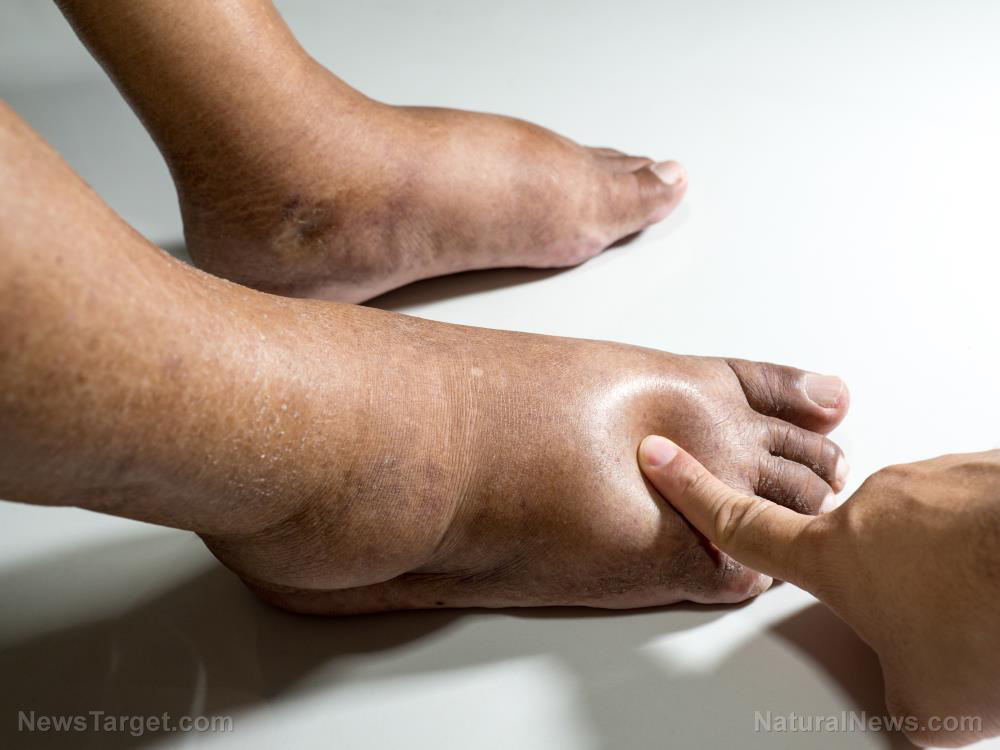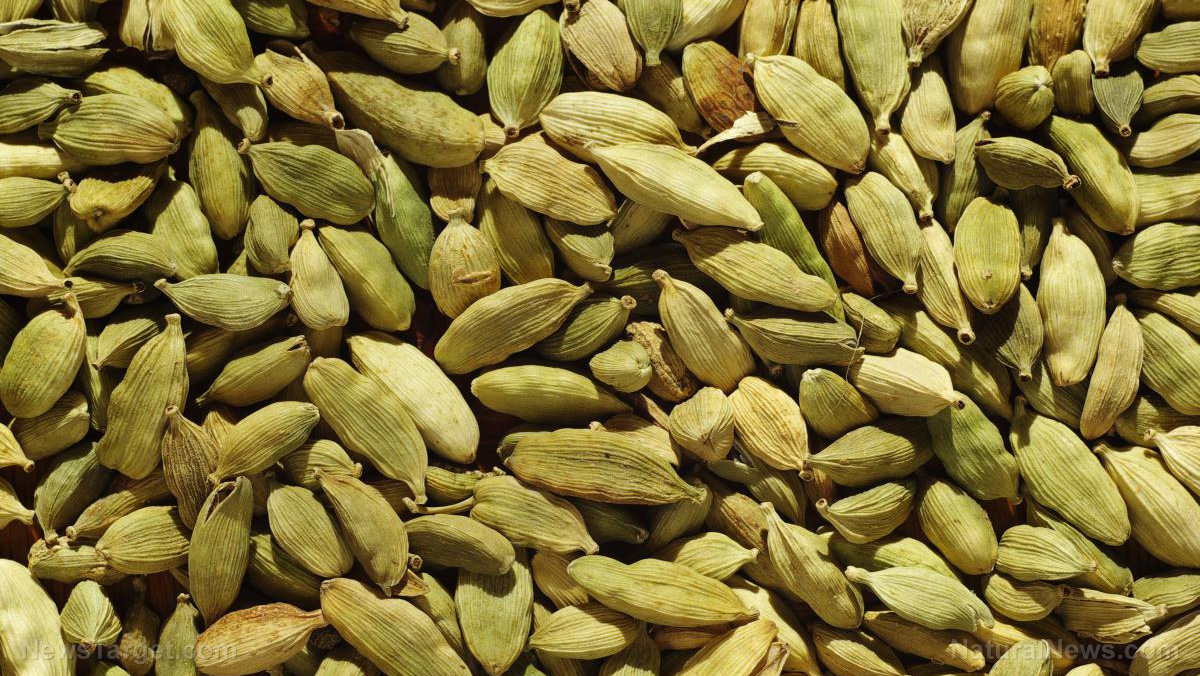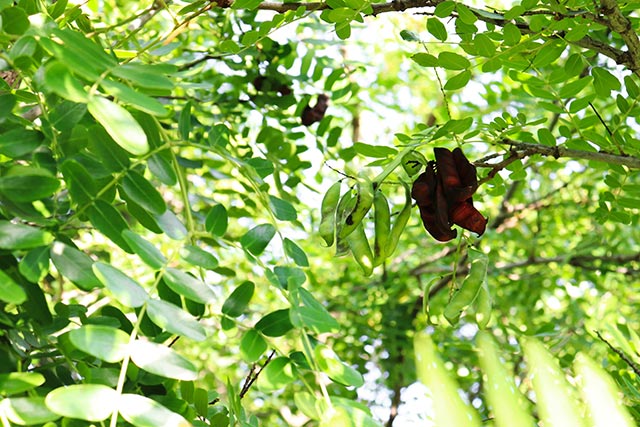Zinc deficiency tied to hypertension – study
09/05/2019 / By Stephanie Diaz

Many factors come in to play when dealing with hypertension. It’s important to be aware of everything that causes spikes in blood pressure so you can avoid them, and scientists have now found another cause of concern for people who are worried about high blood pressure. According to a study published in the American Journal of Physiology–Renal Physiology, zinc deficiency is a risk factor for high blood pressure.
People with chronic illnesses such as Type 2 diabetes and chronic kidney disease often have a zinc deficiency. Moreover, low levels of zinc are linked to an increased risk of hypertension. (Related: Zinc is the Essential Mineral for Optimum Health.)
Kidney function plays an essential role in managing blood pressure. The sodium chloride cotransporter (NCC) in the kidney reabsorbs sodium from fluids and returns it back to the body. Decreased levels of sodium are usually indicative of high blood pressure. That being said, when the NCC is too active, it tends to reabsorb more sodium back to the body, causing hypertension.
Earlier studies have suggested that zinc may help regulate NCC activity. However, a correlation between zinc deficiency and hypertension has not been established.
To find out more, researchers compared zinc-deficient male mice to healthy mice and found that they developed hypertension and had less sodium in their urine. However, these effects were not observed in the control group. The researchers also treated a small group of zinc-deficient mice with a diet rich in zinc. Once the animal’s zinc reached adequate levels, their blood pressure started decreasing to normal levels. Moreover, sodium in their urine increased.

|
Discover how to prevent and reverse heart disease (and other cardio related events) with this free ebook: Written by popular Natural News writer Vicki Batt, this book includes everything you need to know about preventing heart disease, reversing hypertension, and nurturing your cardiac health without medication. Learn More. |
“These significant findings demonstrate that enhanced renal [sodium] reabsorption plays a critical role in [zinc-deficiency]-induced hypertension,” the researchers explained in their study. “Understanding the specific mechanisms by which [zinc deficiency] contributes to [blood pressure] dysregulation may have an important effect on the treatment of hypertension in chronic disease settings.”
Natural sources of zinc
Zinc is not only important for sodium regulation in the kidney but is also involved in many important processes in the body, such as immune function, as well as growth and repair. The body cannot synthesize zinc; therefore, it must be obtained from the diet. Below is a list of natural sources of zinc.
- Meat: Red meat is an abundant source of zinc, but adequate amounts can also be found in other types of meat. A 100-gram (g) or 3.5-ounce (oz) serving of raw ground beef has 4.8 milligrams (mg) of zinc, which is enough cover almost half of recommended dietary intake (RDI).
- Shellfish: Shellfish like oysters are a great source of zinc. In fact, six medium oysters can deliver approximately 290 percent of the RDI for zinc.
- Legumes: Legumes, such as chickpeas, lentils, and beans, contain ample amounts of zinc. A 100 g serving of legumes can provide up to 12 percent of the daily intake.
- Seeds: Not all seeds are created equal when it comes to zinc content – some seeds have more zinc than others. For instance, 30 g of hemp seeds contain 43 percent of the RDI. The same can be said from squash, pumpkin, and sesame seeds. These seeds also contain vitamins and minerals that are beneficial to health.
- Nuts: Adding nuts to your diet can boost zinc intake. A single serving of cashew nuts can provide up to 14 percent of the RDI. Moreover, nuts also contain a good number of vitamins and minerals, as well as healthy fats and fibers.
- Dark chocolate: Dark chocolate has adequate amounts of zinc. A 100g serving of dark 70 to 85 percent cocoa has 3.3 mg of zinc, which is about 30 percent of the RDI.
For more information about the many health benefits of zinc, visit SupplementsReport.news.
Sources include:
Tagged Under: blood pressure, chronic kidney disease, diabetes, food cures, food remedies, hypertension, kidney function, kidney health, minerals, NCC activity, prevention, remedies, research, sodium, sodium chloride cotransporter, sodium regulation, supplements, Type 2 Diabetes, zinc, zinc deficiency



















